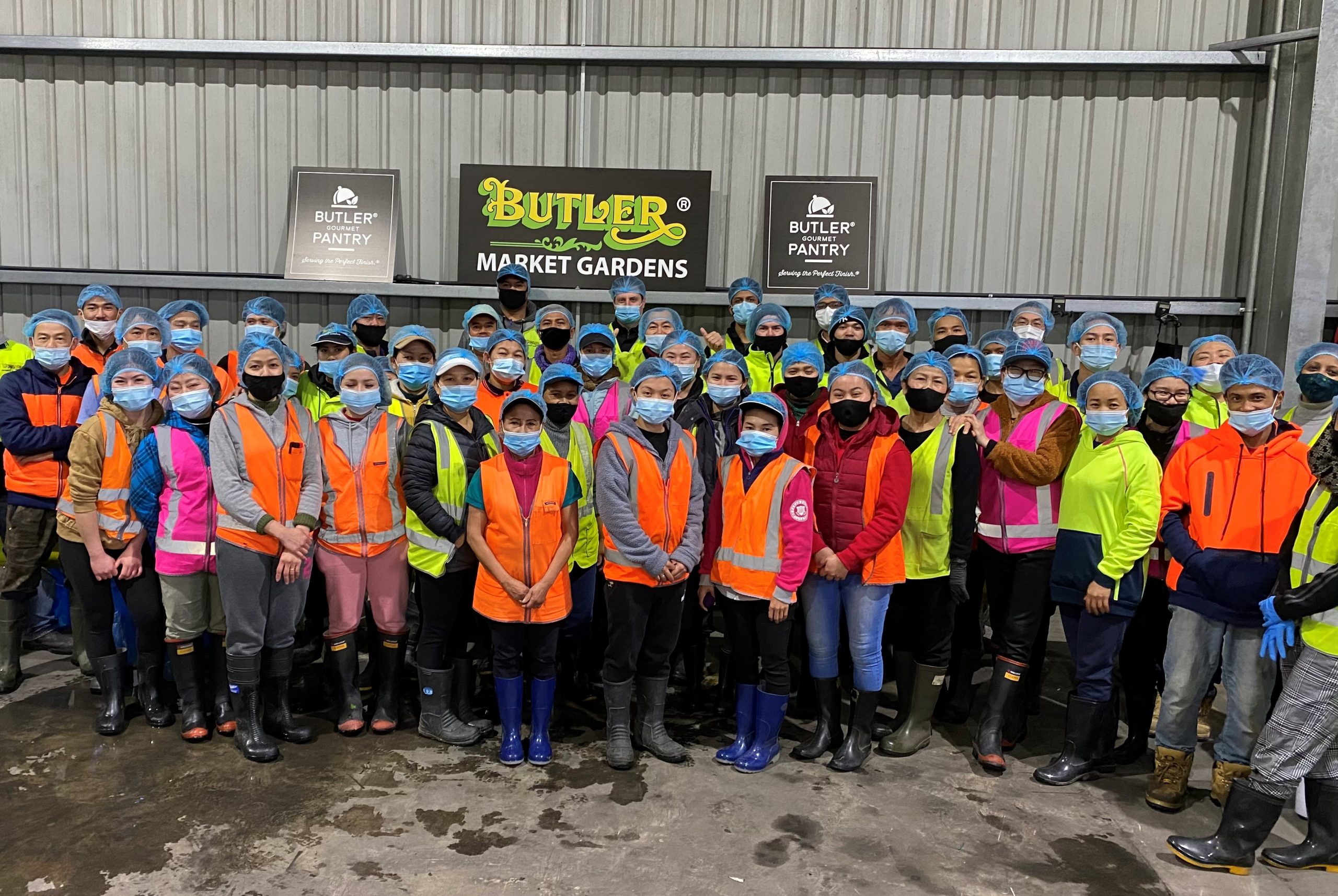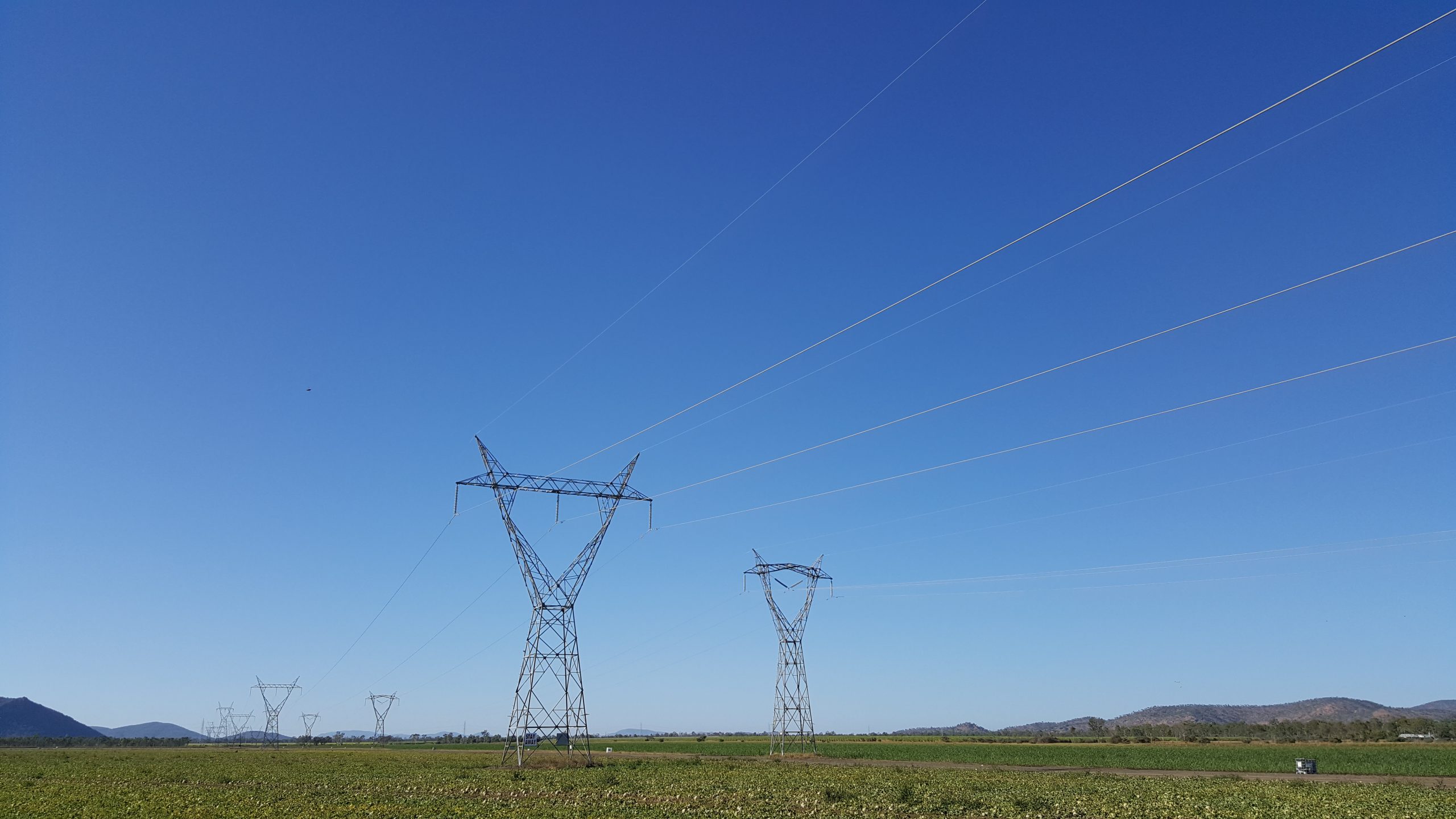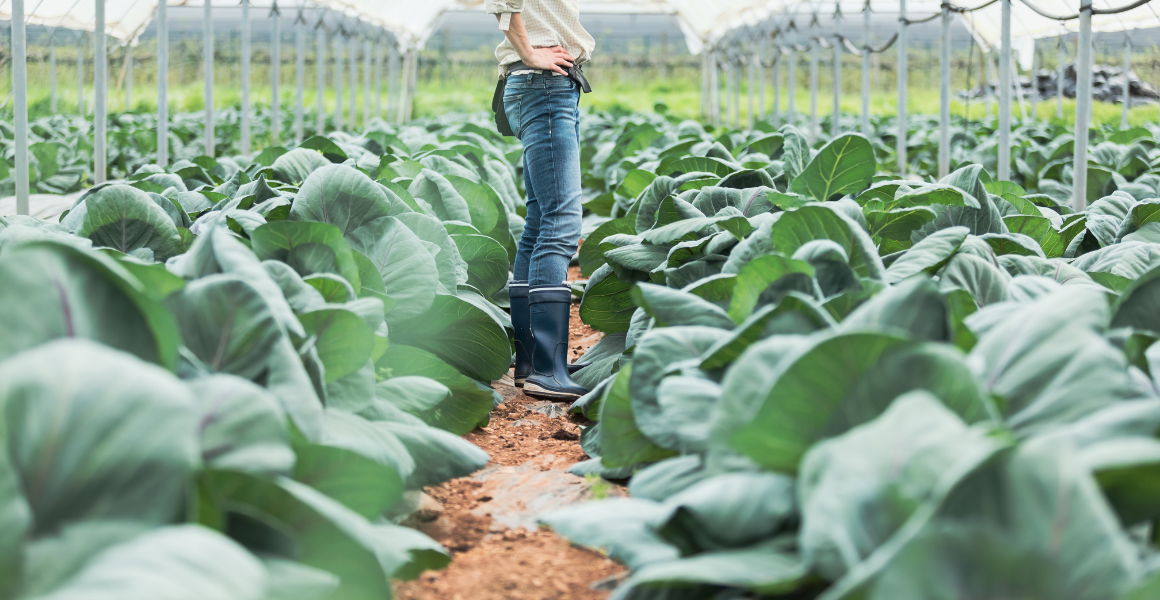
Culture and people focus for horticultural business
13 September 2021
Don’t pay the price with your life: Focus on electrical safety
14 September 2021AUSVEG – along with the rest of the agriculture and horticulture sector – has advocated strongly for the Australian Agriculture Visa for many years as it is a critical element to ensure growers can access a reliable and efficient workforce. While there is certainly still a lot of work to be done, and details to be worked through, there are already many commitments that will support Australia’s vegetable and potato industries. Tyson Cattle reports.
It’s great to get a commitment from the Federal Government– specifically a delivery date of 30 September for the regulations to enable the creation of the Australian Agriculture Visa (Ag Visa) to be put in place.
There had been various levels of commitment to the Ag Visa over many years, so it is great to have a deadline that government and the relevant departments are working towards.
The Ag Visa will initially target ASEAN countries; however, there will potentially be scope to have this expanded to other countries as it evolves.
While details are still to be finalised, the Ag Visa will likely be a four-year, multi-entry visa, with a potential to provide a permanent residency pathway for those who are willing to spend time in a regional area.
The visa will include some English language proficiency requirements and will cover all skill levels from unskilled, semi-skilled to skilled workers, complementing the existing Seasonal Worker Programme and Pacific Labour Scheme.
More details will become available in the coming weeks and months. However, there are some core-guiding principles that AUSVEG will continue to be led by.
Integrity
The integrity of the Ag Visa is the absolute number one priority.
The Federal Government, particularly the Nationals, have gone out on a limb to deliver this visa, which is normally outside of the remit for Australia’s immigration system.That’s not to dismiss the need – the Ag Visa is certainly needed. However, because it is outside of Australia’s normal visa approach, it naturally brings with it additional pressure. That, mixed with previous reports of exploitation in the horticulture sector, means there will be additional scrutiny of the program.
The reality is the integrity of the visa needs to the priority. A visa program such as this, which has taken years to develop, can be taken away in an instant.
The success of the Pacific Island programmes, which deliver a more productive workforce, has come largely on the back of the Approved Employer program.
A key element of being an Approved Employer is that a grower business must demonstrate that they are ‘fit and proper’ and meet a certain employer standard.
Growers will need to demonstrate that they meet high workplace standards to be able to access workers under the Ag Visa.
Accessibility for growers
Growers should not shoulder a heavy administrative burden, or steep costs, to access workers under this visa.
High application costs to become a sponsor and excessive delays in processing times are issues with other visa pathways. Industry is committed to removing these barriers to entry for growers as much as possible.
If a grower can demonstrate they are ‘fit and proper’ in a reasonable way, then they should be able to access the programme.
Portability and mobility
Growers have said time and time again that portability and mobility of the workers between farms is a critical element that must be included in the visa, including the ability to easily move and transfer workers from farm to farm and from employer to employer.
This must be an efficient and effective process for both the employee and the employer’s benefit.
It is important for the employee, or visa holder, to move where the work is needed so they can maximise their earnings.
This approach will also support employers to respond to peaks and changes to their seasons – if a harvest period is shortened or extended due to climatic conditions, then it provides the employer with some flexibility to extend its engagement with the worker, and the worker an opportunity to stay or go and follow the work.
This is no doubt a challenge in the design – and it would be unique to the Ag Visa, but it is a critical feature for the visa to meet the needs of growers.
We will need to continue to work through a range of other parts of the visa with government, and there is still a long way to go.
However, the industry is in a strong position and, if delivered right, this visa has the ability to change the workforce makeup for the vegetable and potato sector for years to come.
Key visas for the vegetable and potato industries:
- Working Holiday Maker program – The ‘backpacker visa’ continues to be used widely in horticulture for picking and packing roles.
- Seasonal Worker Programme – The SWP allows Approved Employers access to low-skilled workers from the Pacific Islands
- Pacific Labour Scheme – The PLS allows access to workers from Pacific Islands low and semi-skilled roles for up to 3 years.
- Horticulture Industry Labour Agreement – Allows horticulture growers access to semi-skilled and skilled workers from anywhere in the world under 31 occupations. The HILA includes a range of concessions specific to the horticulture industry and has a pathway to permanent residency.
Pacific Island workers
The Prime Minister recently announced a commitment to Pacific Island nations to bring in a further 12,500 Pacific Island workers into Australia by March 2022.
Since the Seasonal Worker Programme restart in July 2020, Australia has brought in more than 10,000 seasonal workers, predominantly for the Horticulture and Meat Processing industries.
At the time of writing, quarantine pathways currently exist for in all states, except from Victoria, to bring in seasonal workers.
Growers are urged to lodge their harvest workforce needs through their SWP applications as soon as possible, or if they are not Approved Employers then they are encouraged to contact a labour hire contractor who is an Approved Employer to ensure they are given the best opportunity to access workers.
If you are not yet an Approved Employer, you are urged to reach out to your nearest Approved Employer labour hire business.
Find out more
Please contact AUSVEG National Public Affairs Manager Tyson Cattle on 03 9882 0277 or email tyson.cattle@ausveg.com.au. Further details can be found on the AUSVEG website.
Introducing AUSVEG Policy Officer, Chloe Betts
I joined the AUSVEG team in July this year, working alongside Public Affairs Manager Tyson Cattle from our Melbourne office.
The first month in the role has been a steep learning curve as I have been getting my head around all the issues in the agricultural space. It has been insightful to learn what is happening and my passion for the sector has strengthened.
I recently graduated from the University of California, Berkeley after completing a major in Conservation and Resource Studies with a focus on Agroecology and Sustainable Food Systems. Learning about the problems in the United States has helped me to understand current issues in Australia.
In California, I worked on community farms and was lucky enough to work with professors who are helping to uncover and push for change in the food systems of the Americas.
Earlier this year, I worked at Gemtree Winery in South Australia as a cellar hand where I helped to press the 2021 Vintage. I also worked at the Black Cat Truffle Farm in Creswick – located in west-central Victoria – which was a unique and interesting experience.
I am excited to bring my unique perspective and experiences to this position and help to advocate for positive change on behalf of the Australian vegetable and potato industries.
I hope to be able to meet growers when I can and hear about their experiences. In the meantime, please feel free to contact me by emailing chloe.betts@ausveg.com.au.



